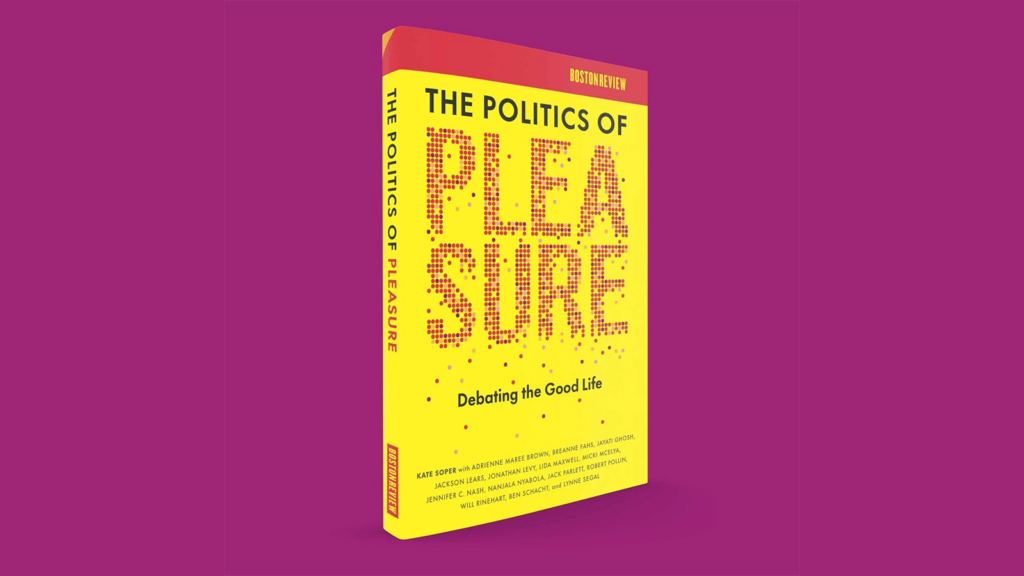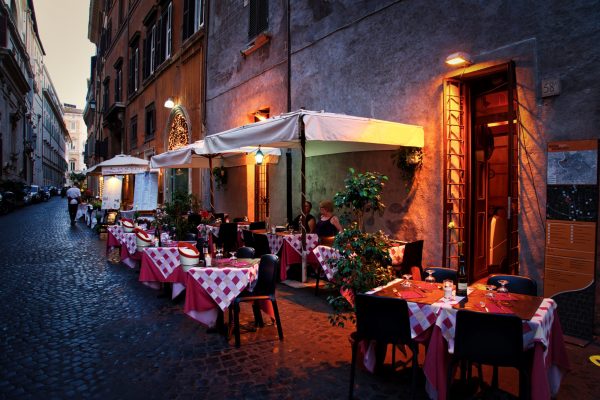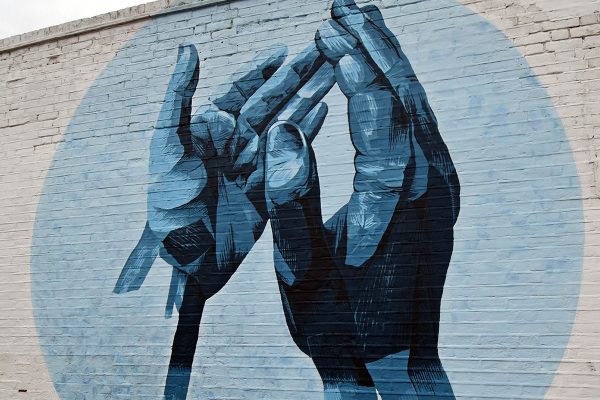The Politics of Pleasure
Efforts to green the economy and distribute wealth more equitably often sound like a program for joyless lives: make do with less and give up your pleasures. To philosopher Kate Soper, this gets it all wrong. Leading this issue’s forum, she urges that we see “post-growth living” as an opportunity for greater pleasure, not less. A simpler life of “alternative hedonism”—built around local community and abundant free time—could make us happier and healthier while giving our overextended planet a new lease on life. Forum respondents, including Green New Deal economist Robert Pollin and Kenyan activist Nanjala Nyabola, embrace Soper’s call to remake society but question her prescription. The result is a wide-ranging debate about the limitations of lifestyle critique, the value of economic growth, and the kinds of alternatives that are possible. Other contributions focus on the connections between pleasure and gender, including the joys of collective action and care work, the ordinary pleasures of Black motherhood, the misogyny of Positive Psychology, and the links between good sex and democracy. Together they imagine what it will take to make a pleasurable life possible for everyone.
Essays
Freedom means a world where how I parent is simply mundane rather than overburdened with meaning.
The gender politics of Positive Psychology valorize the nuclear family and heterosexual monogamy.
Our well-being depends on a better understanding of how the logic of labor has twisted our relationship with pleasure.
What would it look like if we put our desires at the center of our politics?
Cruising extends the political value of the city as a space that brings us into contact with people who seem unlike us until we realize our shared desires.
The tradition allows private and public life to meet, maintaining a baseline solidarity in civic life.
Dependence is a fact of all our lives; freedom lies in our capacity to care for others.









